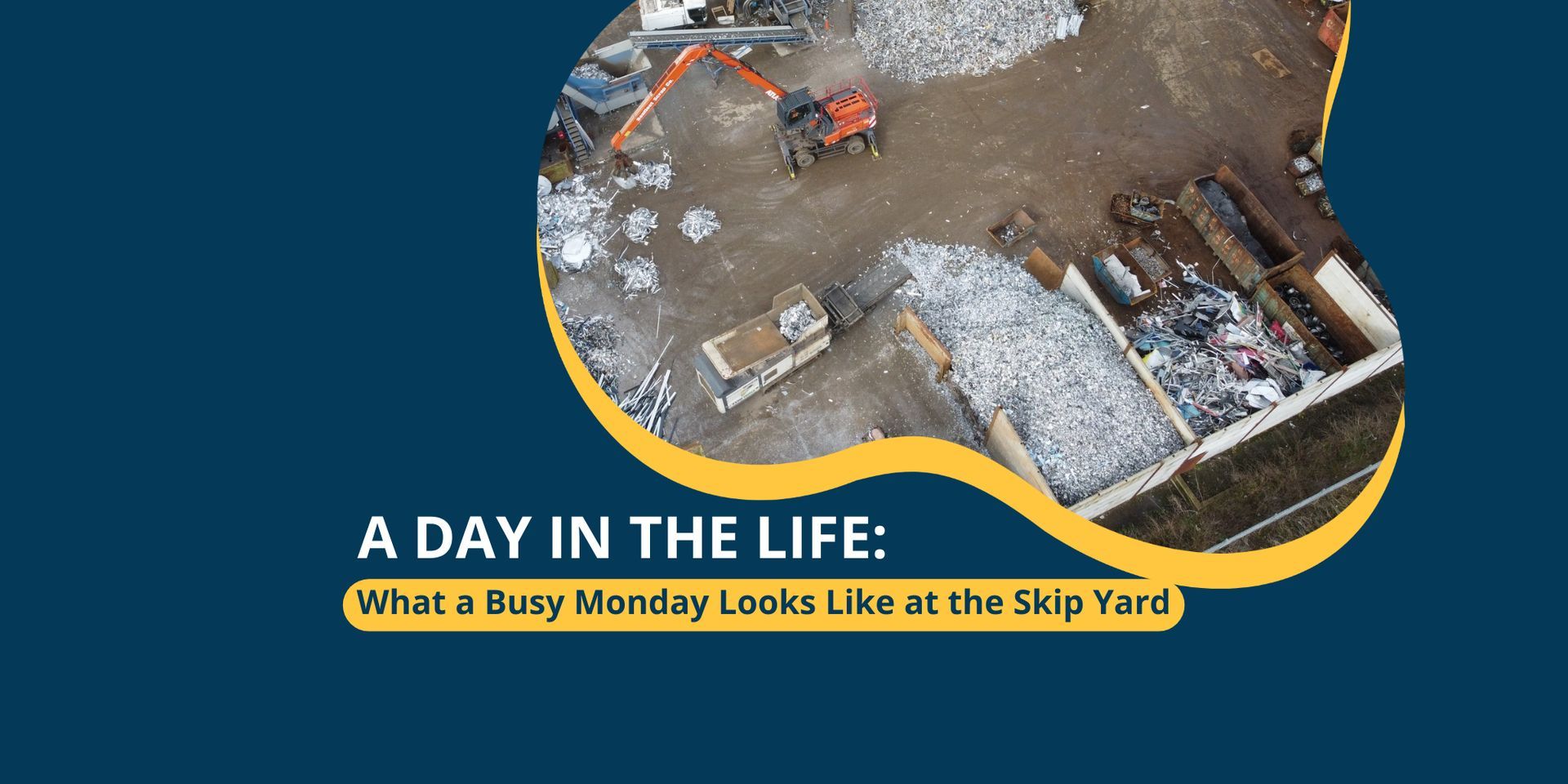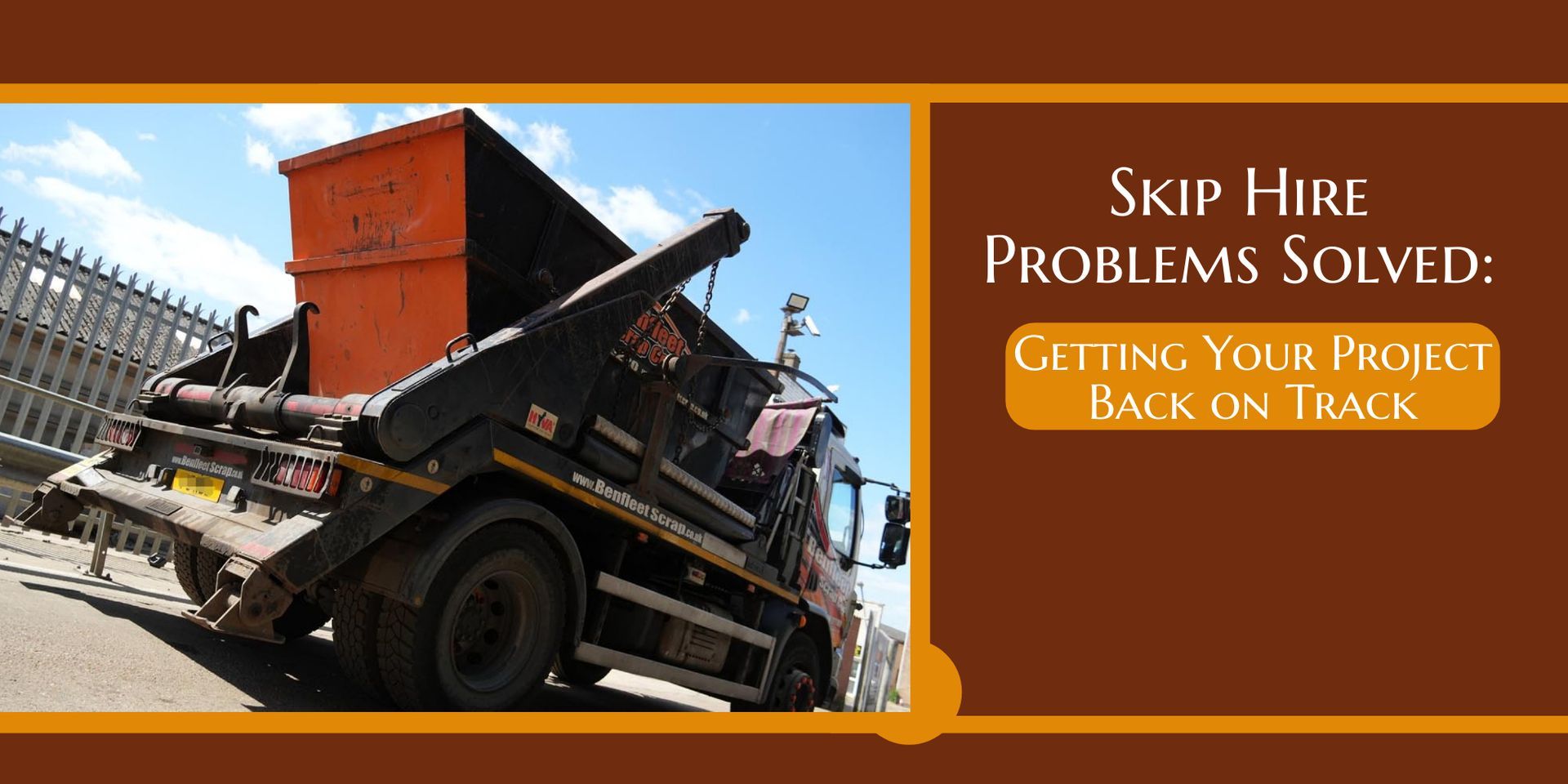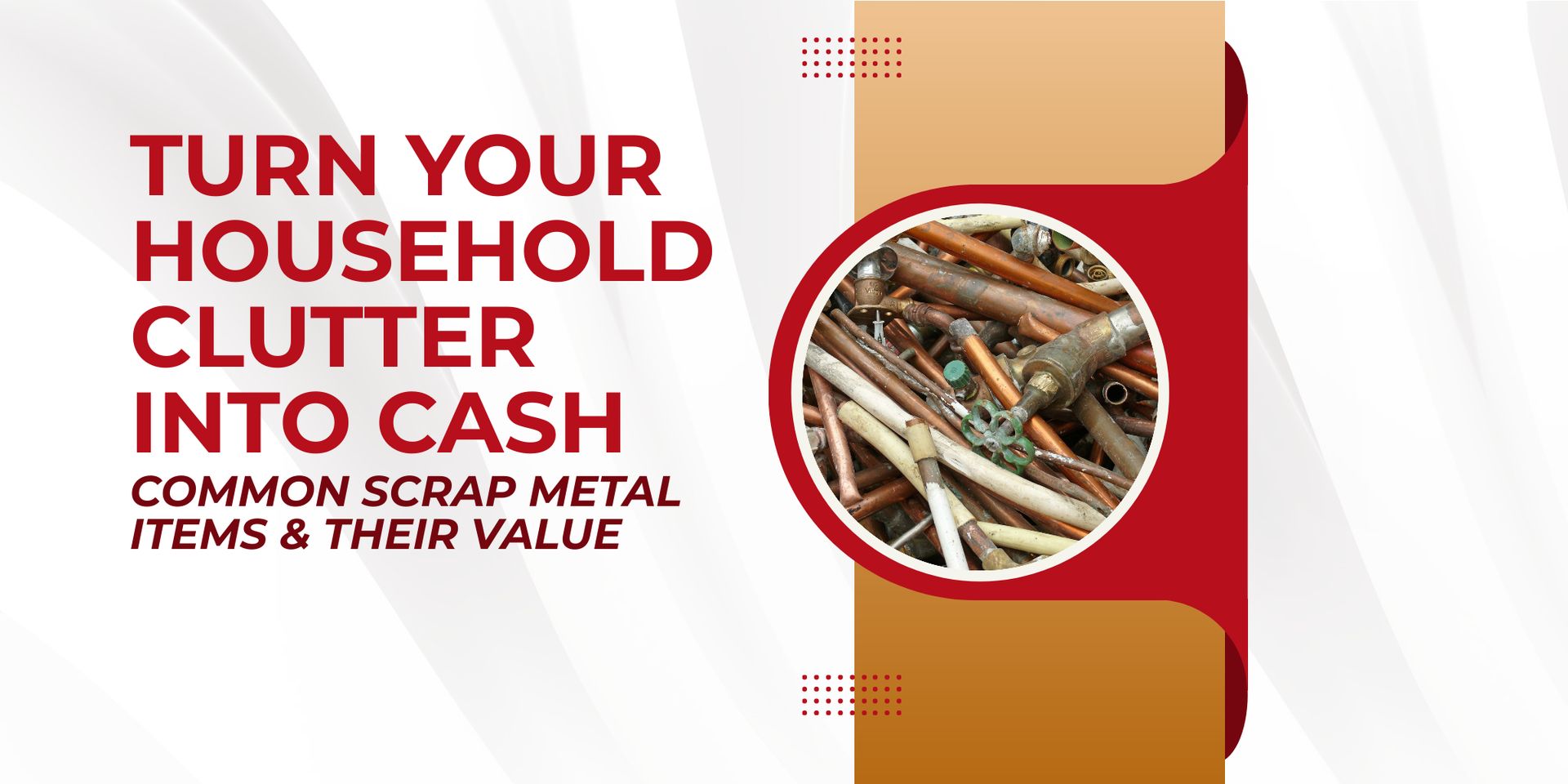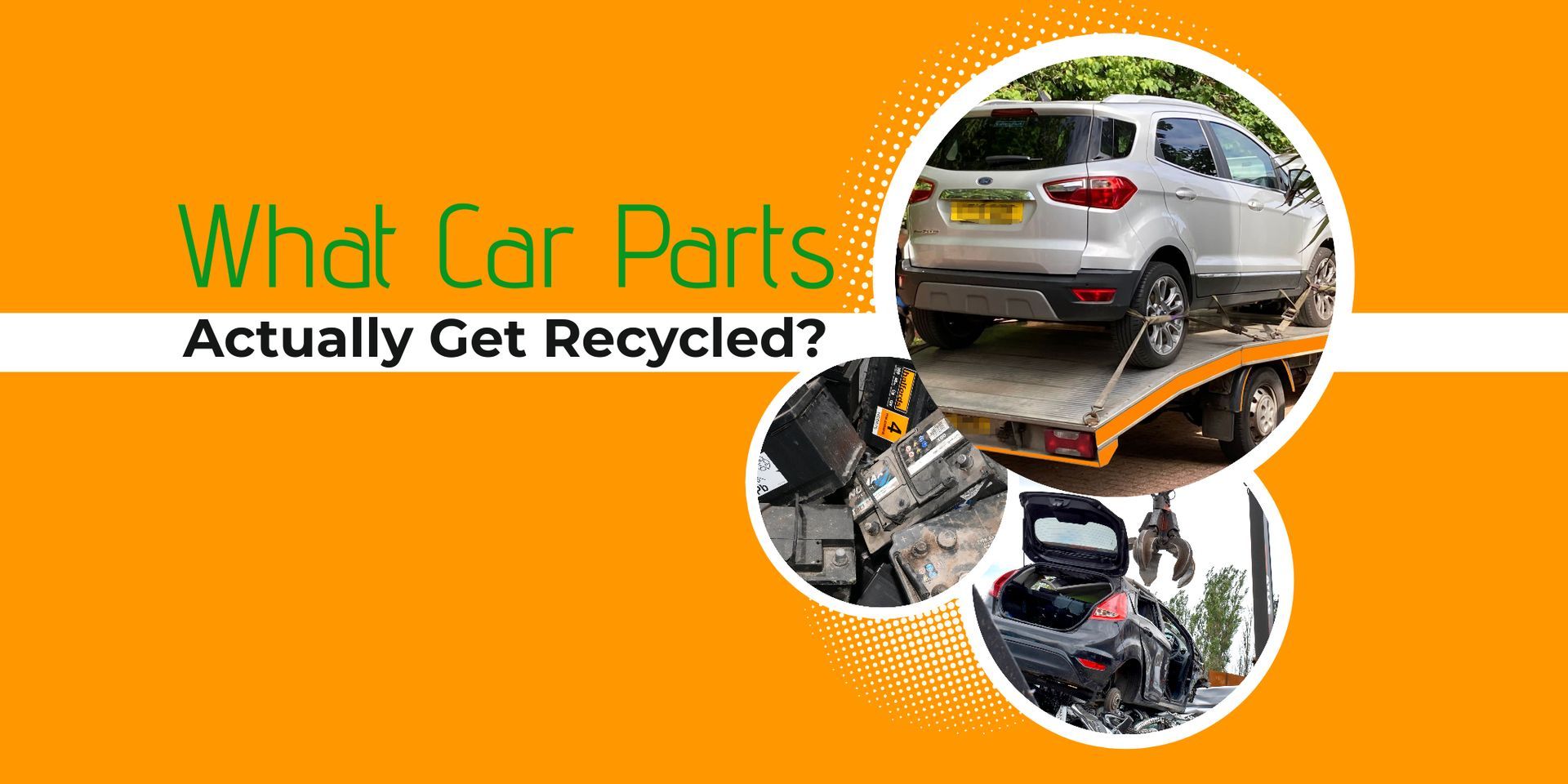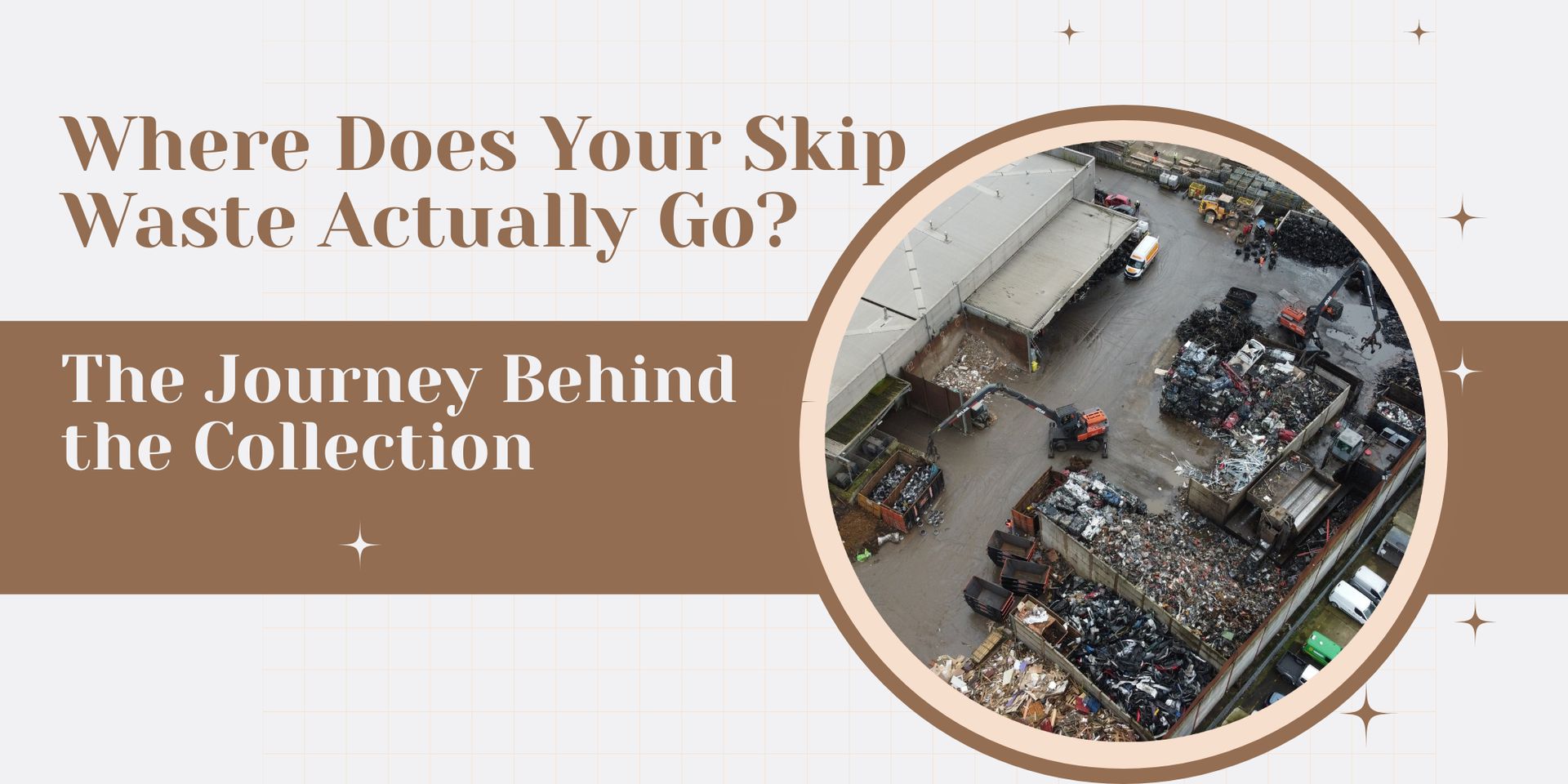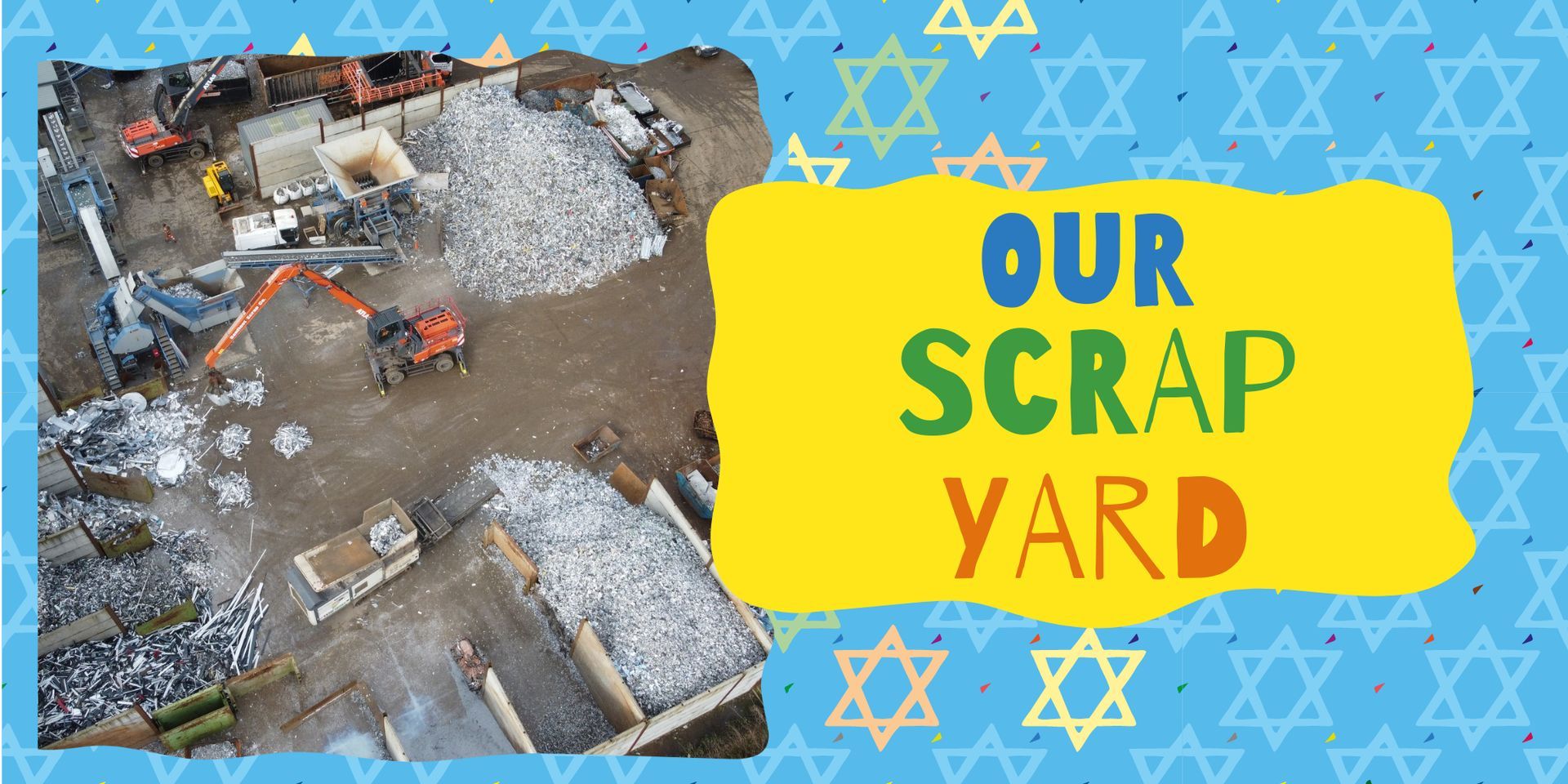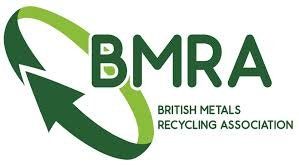Skip Hire FAQs: What's Allowed, What's Not, and Why It Matters
Most everyday rubbish is fine
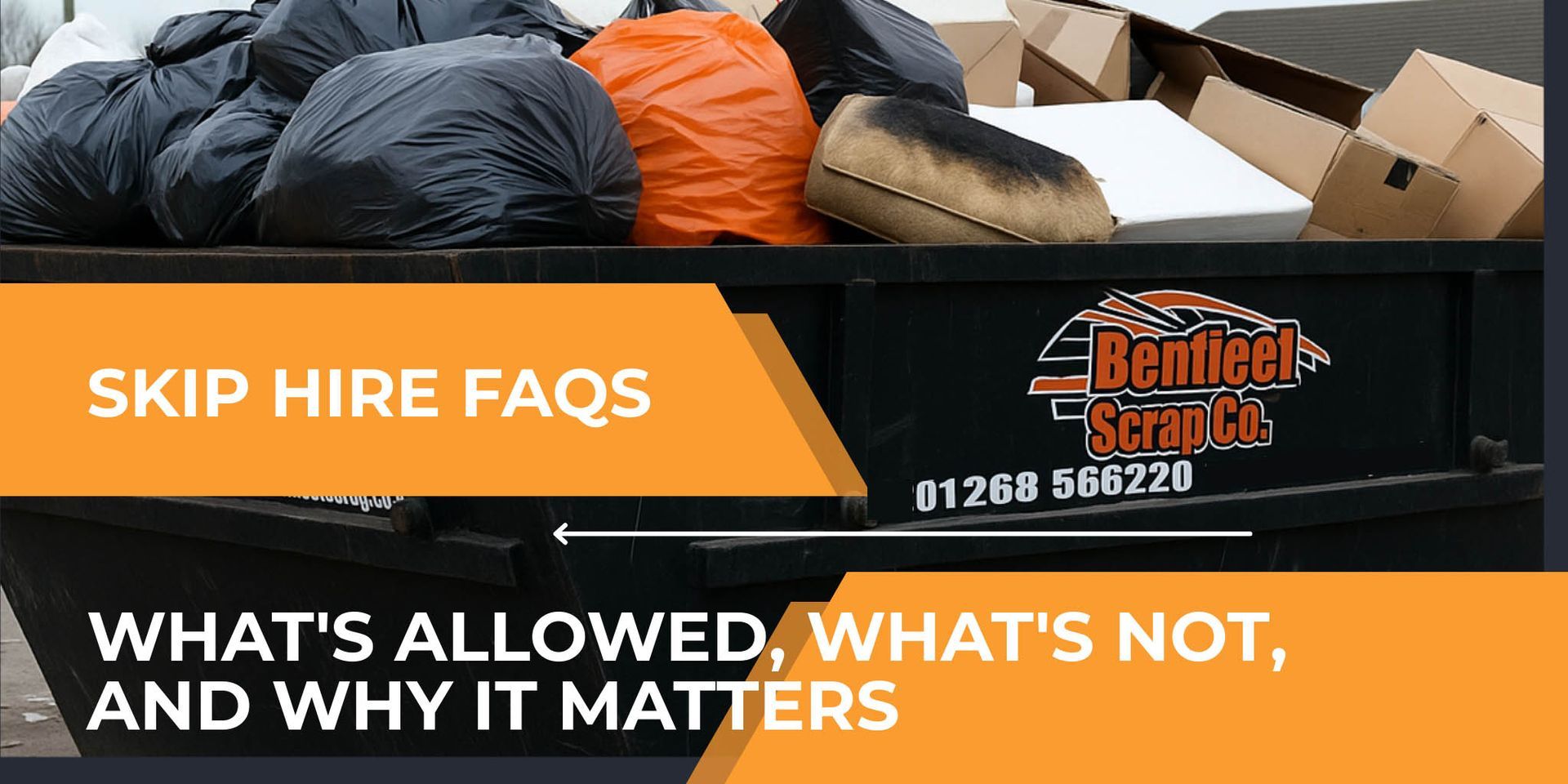
So you've booked a skip and now you're wondering what you can actually put in it.
Fair question. Most people assume it's a case of "anything goes" but that's not quite how it works. There are rules, and breaking them can land you with extra charges or worse.
The Stuff You Can Chuck In
Most everyday rubbish is fine. Old sofas, broken chairs, carpets that have seen better days - all good.
Same goes for general household waste, though you might want to bag it up so it doesn't blow around.
Building materials are usually welcome too. Bricks, concrete blocks, timber offcuts, old tiles.
Garden waste like branches and grass cuttings are typically accepted, though some companies prefer you keep soil separate.
Old white goods like washing machines and fridges can go in, but check first. Some skip companies handle the gas removal themselves, others want you to get it done beforehand.
Metal items are actually quite popular with skip companies because they can sell them on to scrap dealers.
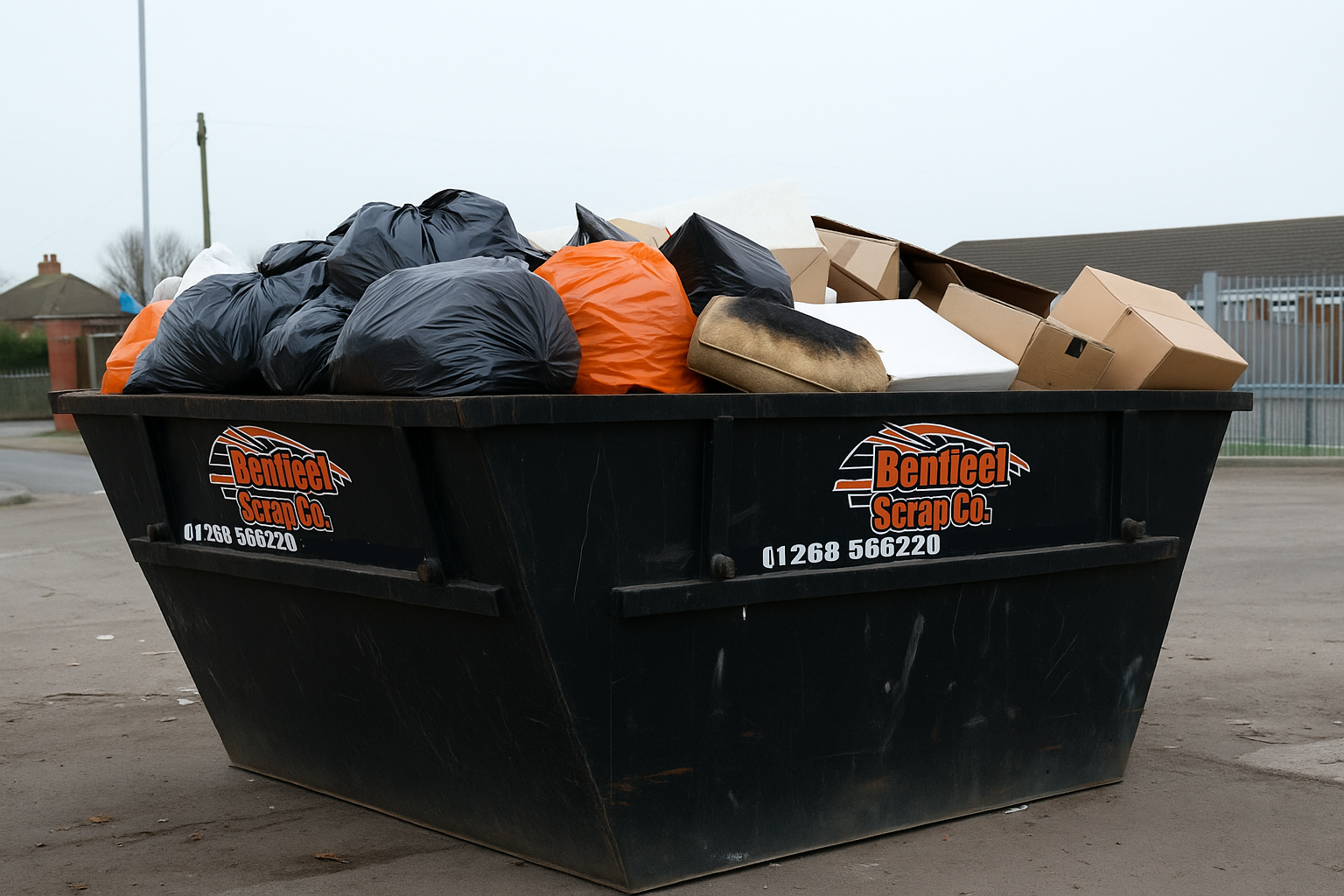
What Definitely Can't Go In
This is where it gets serious. Anything hazardous is a hard no. Paint tins, old engine oil, cleaning chemicals, batteries - none of it.
These things can leak and contaminate everything else, plus they're dangerous for the workers handling your skip.
Asbestos is absolutely forbidden. If you think you might have some, stop right there and call a specialist. It's not worth the risk.
TVs and computer monitors usually can't go in either. They contain nasty chemicals that need special handling.
Car tyres are another common rejection - most councils have separate collection points for these.
The Maybe Pile
Some things depend on your skip company's policy. Mattresses often cause headaches because they're bulky and difficult to dispose of properly.
Some companies take them, others charge extra, some refuse outright.
Plasterboard is tricky. It can go in skips but it can't be mixed with other waste when it reaches landfill. Something about gas production.
Many companies now insist on separate plasterboard skips or won't take it at all.
Soil and rubble sometimes get refused, especially if there's a lot of it.
Heavy materials cost more to transport and dispose of, so companies can be picky.
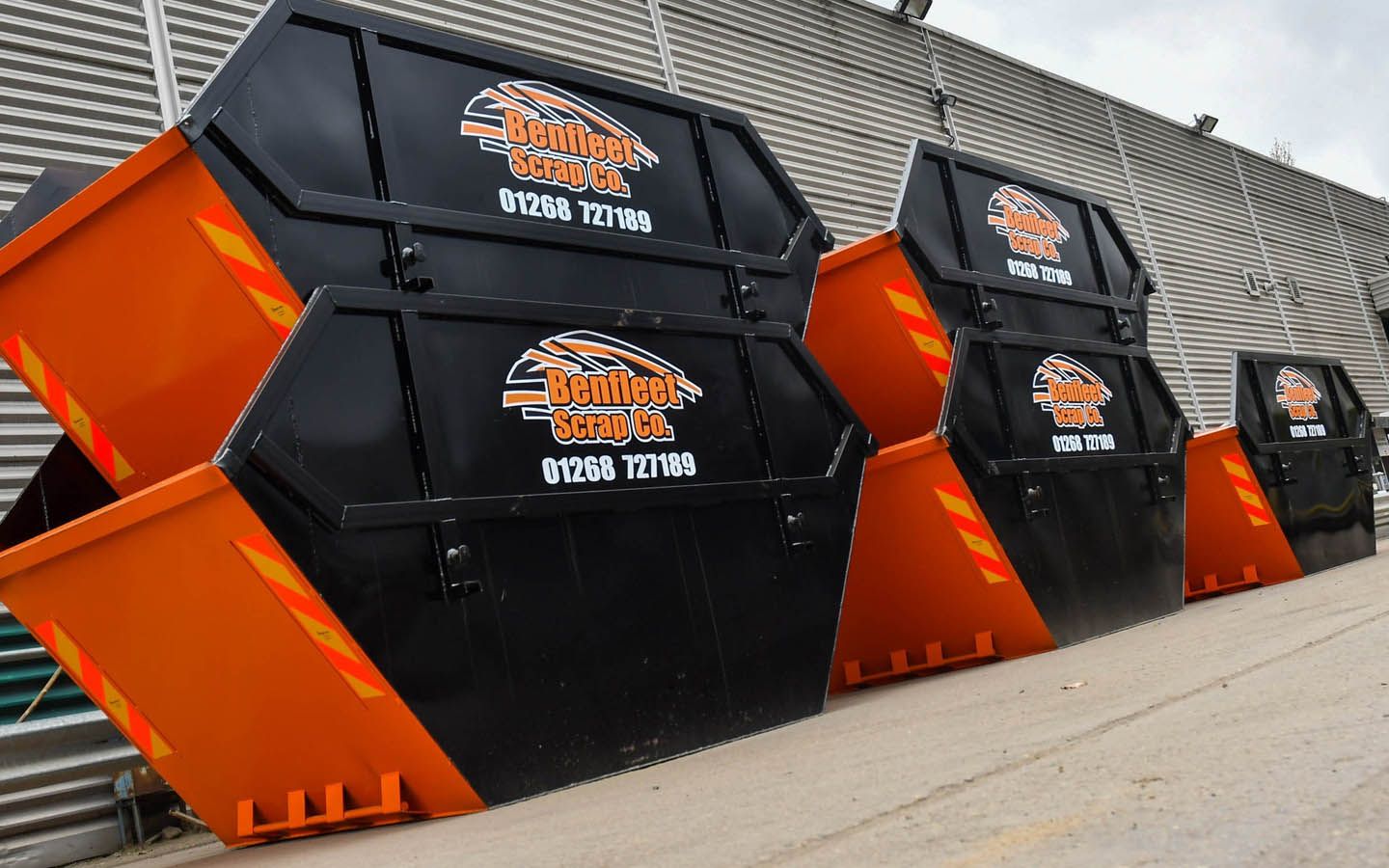
Why All The Fuss?
These rules exist for good reasons, even if they seem like a pain. Environmental regulations are getting stricter all the time.
Councils and waste companies face hefty fines if they mess up, so they're careful about what they accept.
Safety matters too. Skip contents get compressed and moved around a lot.
Anything that could leak, break, or give off fumes creates risks for the people handling it.
There's also the practical side. Different materials need different disposal methods.
Mixing everything together can contaminate loads that could otherwise be recycled.
Making Life Easier
Before your skip arrives, have a quick sort through your waste.
Put anything questionable to one side and ask your skip company about it. Most are happy to advise - they'd rather answer questions than deal with problem loads later.
For the stuff that can't go in skips, check what your local council offers.
Many run regular collections for hazardous waste, and some retailers take back old electrical items when you buy new ones.
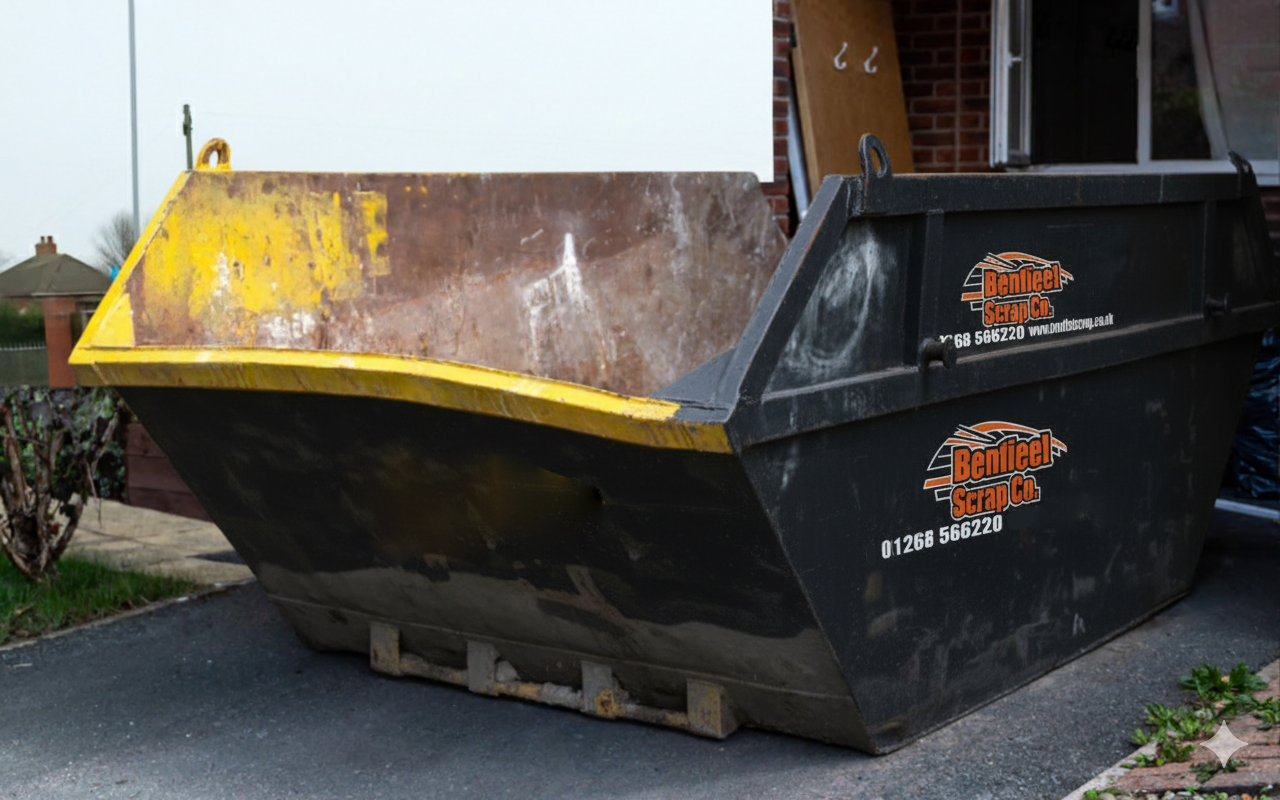
The Reality Check
Skip hire works brilliantly for most clearance jobs, but it's not magic.
You can't just throw everything in and forget about it. A bit of planning saves hassle later and keeps everyone happy.
Most skip companies are reasonable people running businesses. They want your custom, but they also have rules to follow.
Work with them rather than against them, and your skip hire experience will be much smoother.
The bottom line? When in doubt, ask. It's better to check beforehand than face extra charges or collection refusal later.
If you have a question about this blog (or any of our other blogs) then please do not hesitate to get in touch.
We will always try and answer your question quickly and professionally.



